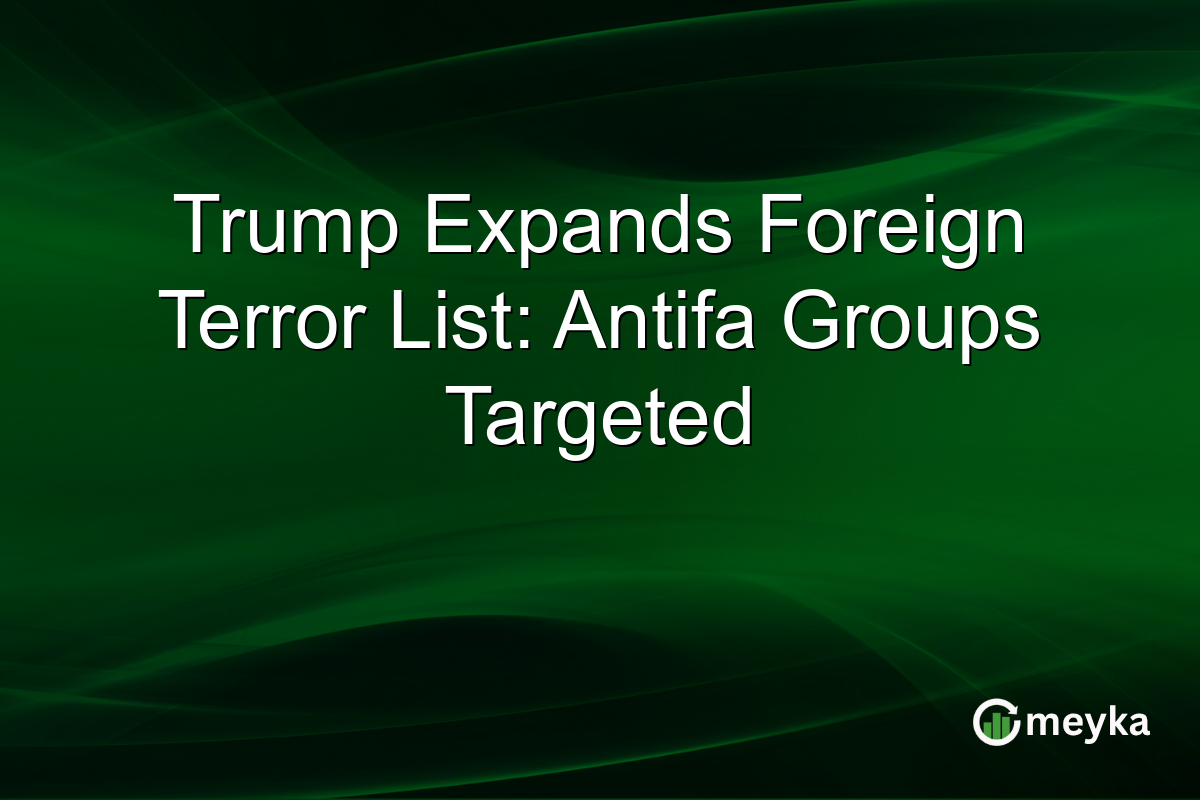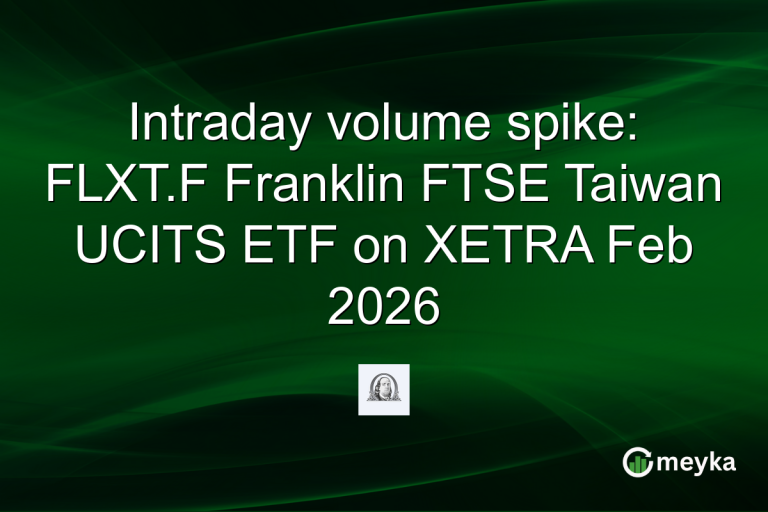Trump Expands Foreign Terror List: Antifa Groups Targeted
The Trump administration recently expanded its foreign terrorist organization list, now targeting Antifa groups in Europe. This unprecedented move marks a departure from traditional counterterrorism practices. By including these groups, associated individuals could face heightened scrutiny and potential legal actions. While Antifa has been a domestic focus, extending its designation abroad raises questions about implications for U.S.-Europe relations and international law enforcement strategies.
Continue Reading on Meyka
This article is available in full on our main platform. Get access to complete analysis, stock insights, and more.
Read Full Article →





